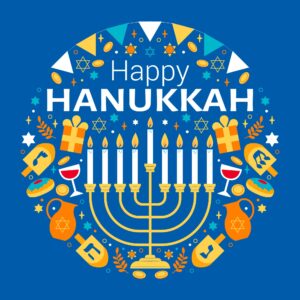Jewish Community Singing Group (Choir)
Would you like to explore and engage with Jewish music in English, Yiddish, and Hebrew with others of varying musical abilities and experience? Then you are invited to join the Jewish Community Singing Group, Wednesdays beginning January 14th, from 7 – 8:30 p.m. For more on the purpose of the choir and what you can expect have a look below. If you are interested in joining, please email Ruby now.
Jewish Community Singing Group Details
Our local Jewish Community Singing Group will explore Jewish music in English, Yiddish, and Hebrew. No singing or musical experience required – just a desire to engage with Jewish culture through music. The group will be directed by Ruby R., and Ruby will curate the song choices. We are a group that is welcoming and inclusive to all regardless of your musical experience or abilities.
We will meet Wednesdays from 7 – 8:30 p.m. at Beth Israel Peterborough. If you are not already on the Choir email list, please email Ruby now to get connected – all pertinent info, including last minute changes, if any, will be emailed to Ruby’s list.
Purpose of the choir:
- To learn and share knowledge about the meaning and history of Jewish songs, prayers, and musical genres.
- To revel in the feeling of raising our voices together in song.
- To develop a repertoire.
- Sometimes some members of the group will perform at services or local events. This is optional.
Interested members can expect to:
- Learn new songs via live instruction and videos/recordings. (No musical knowledge required.)
- Have opportunities to sing harmonies and rounds.
- Engage in an experimental and exploratory creation process.
- Meet regularly.
